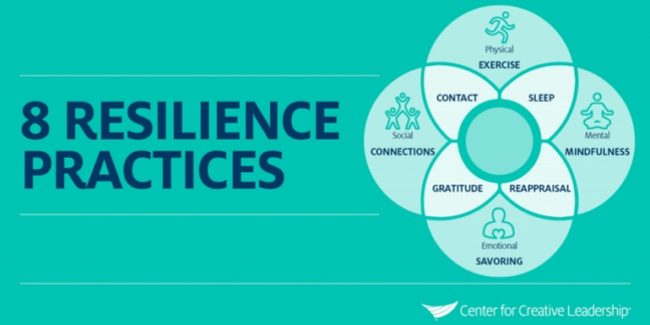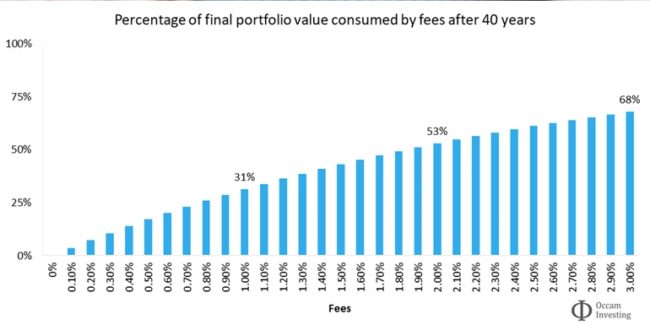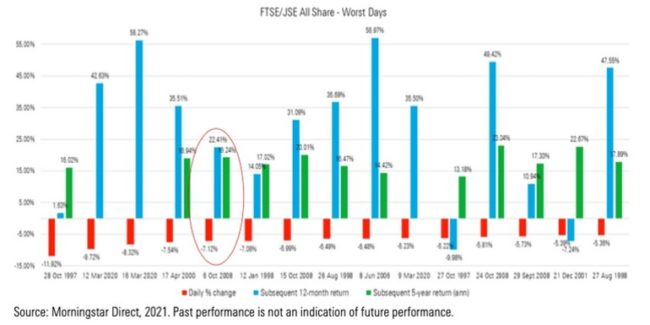“How much should I be charging my clients?”
This is a common question as we work with an increasing number of people setting up their own businesses. In the wake of a radical economic downturn, our creativity and necessity to generate an income spark new business ideas. The entrepreneurial spirit begins to take centre stage in the micro economy, and we have an awesome opportunity to create value for others.
And this is how we answer the question. Because it’s not about the fees, it’s about the value.
In our own industry, we’ve learnt that our fees should be linked to our value proposition. Whether you’re talking about products or professional services, there needs to be some benefit or value to the end-user. This benefit is measured by the difference that the product or service provider will make for the consumer.
It sounds like a simple formula, but it can get fairly complex. We need to consider factors like experience, expertise and the need for the product or service that we’re providing.
There’s an old story of Pablo Picasso, who, at the height of his fame and influence as an artist, was asked by a fan to sketch something for him. This happened when Picasso was out for dinner at a restaurant.
The fan gave Picasso a napkin to sketch on and said he would pay for the sketch. In fact, he supposedly said to Picasso, “Name your price.” Picasso took a charcoal pencil from his pocket and quickly drew the image of a goat.
He then said to the fan, “That’ll be $100 000.” The fan was astounded, saying, “But that only took you 30 seconds to draw.” Picasso then crumpled up the napkin and stuffed it into his jacket pocket. “You are wrong,” he said. “It took me 40 years.”
Another way of looking at this concept is to remind yourself that it’s not the hour you spend in that meeting with your client; it’s the years of experience you bring to that hour. Or, it’s not the price tag of the widget you’re selling; it’s the hours of frustration it will save your customer – or the hours of joy it will bring them!
When you start a new business, you will have a learning curve where you will need to adjust price, service, experience – all of it, but remember that it all starts with confidence in your value. It starts with being confident to charge what you believe you’re worth. Price influences our perception of value. Experience confirms it.
As a rule of thumb, always start higher. It’s easier to negotiate down than to negotiate up, and, if you need to, you can always walk away if they aren’t willing to pay you what you’re worth.










